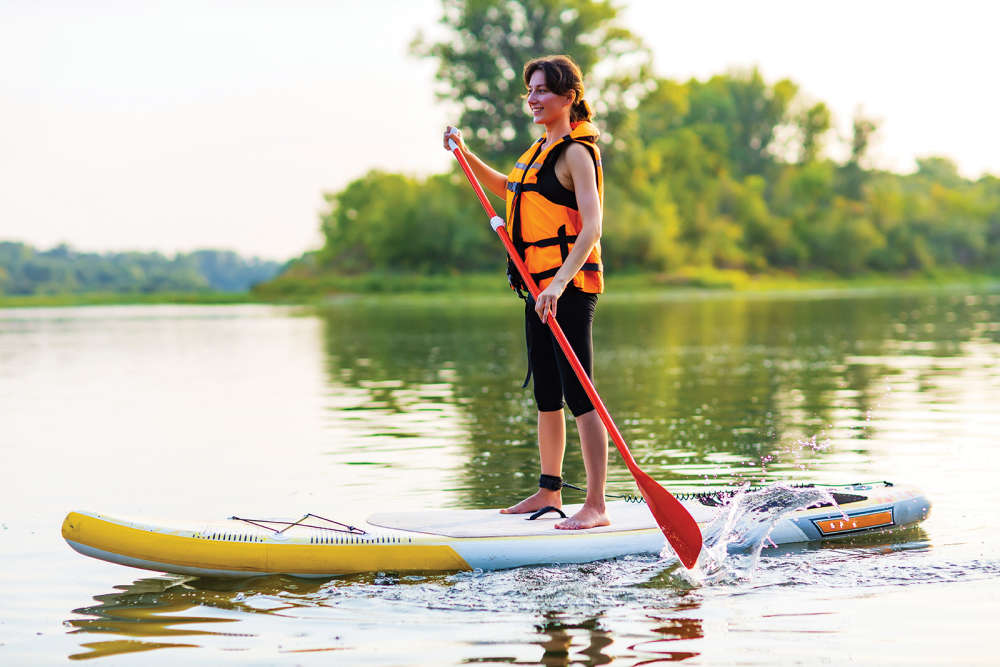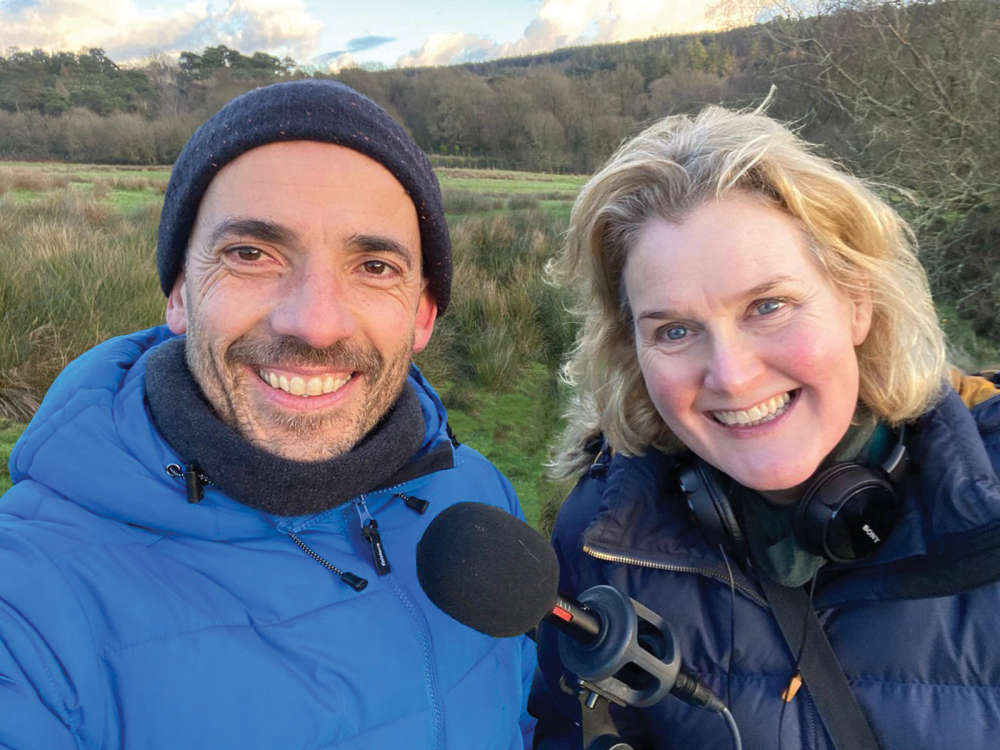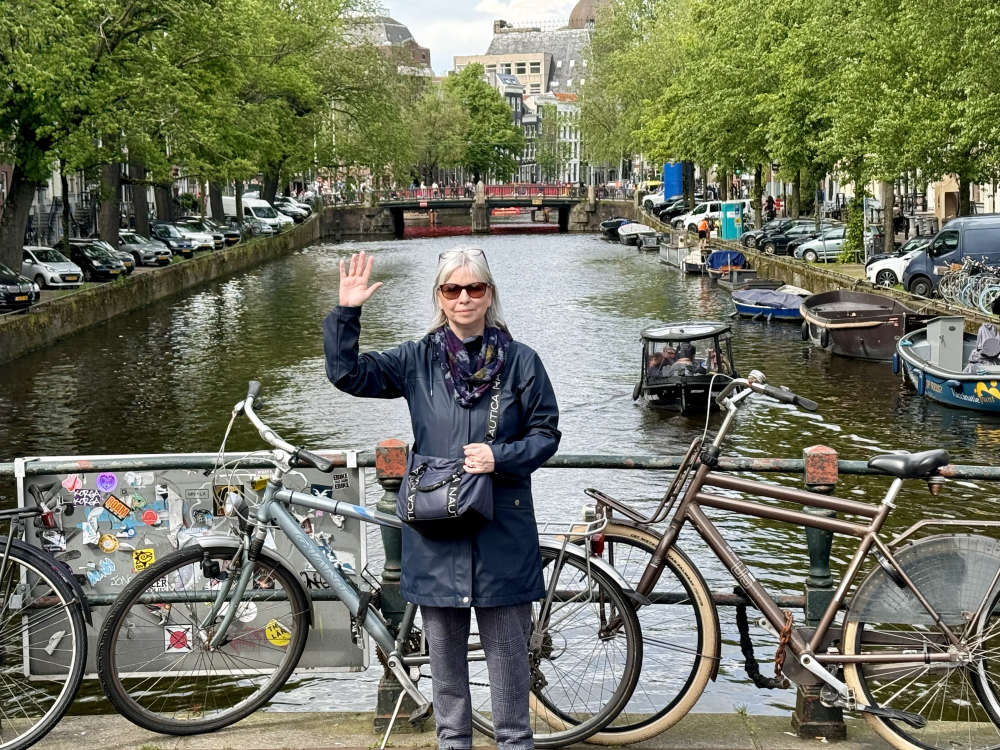
Holidays are meant to be a time of relaxation and enjoyment. However, accidents and illnesses can happen even when you are away. If you suffer an injury or become ill during your trip abroad, it is important to know how to handle the situation properly. Being prepared and understanding the steps to take after an incident can help travellers respond in the best way, when faced with an unexpected health emergency.
Here, we’ll outline the key actions holidaymakers should take if they unfortunately suffer an accident or ailment during their overseas travel. Being informed on the appropriate measures to follow will help ensure your health and safety are looked after, when faced with the stress of dealing with an accident or illness far from home.
Seek medical advice immediately
If you experience an injury, sudden illness or other medical emergency during your holiday, seeking prompt medical attention should be your first priority. Take a minute to calmly assess the situation and the condition of the affected individual, and provide any first aid you can safely administer while waiting for professional help.
For serious conditions, call the local emergency services right away; for less severe issues, transport the patient to the nearest medical facility, clinic or hospital. When you arrive, have details of the incident ready to provide to the staff along with any medications, allergies or prior conditions of the patient. Be sure to ask for copies of medical documentation and bills or receipts before discharge. Getting appropriate medical care quickly can help minimise further harm from injuries and ailments suffered abroad.
Document the incident
Documenting the details of any accident or medical incident that occurs during your trip is vital. Take photographs of injuries, damage or other evidence before getting medical care, provided it is safe to do so. You may also want to ask witnesses to provide their contact information, and written statements on what they observed. Gather and keep copies of all documentation you receive, including medical reports, bills, receipts, police reports and insurance claim paperwork, which will be beneficial if you need to file a personal injury claim.
It’s also a good idea to write down the relevant facts, times and details while still fresh in your mind, because it’s easy to forget after the event. Thoroughly documenting the who, what, where and when provides important records should an insurance claim or lawsuit arise. Keep these safely stored and readily accessible – clear, comprehensive documentation strengthens your case.
Contact your travel insurance provider
Contacting your travel insurance provider promptly after an accident or illness abroad is crucial. Review your policy and call the emergency assistance number for your insurer as soon as realistically possible. Provide details on what has transpired, enquire about next steps for claims processing, and answer any questions the representative may have clearly and honestly. Follow your insurer’s guidance regarding the completion and filing of all appropriate forms, supplying documentation and arranging approved medical transport or lodging if deemed necessary.
Remain in communication with your insurance provider as your situation evolves. They can advise if additional actions are required on your part during the claims process. Understanding your policy coverage and promptly informing your insurer of the emergency can streamline obtaining reimbursement for eligible costs. Do not delay contacting them after an unexpected injury or sickness.
File a report with the police
For accidents or injuries that involve another party or criminal activity, filing a report with the local police is strongly advised. Locate the nearest police station or call the local emergency number to request an officer promptly after the occurrence, or as soon as medically feasible. Provide details of what happened and ask the authorities to file an official report. Obtain a copy of this report, as you may need it for your insurance claim and possible legal proceedings later on.
Supply the police with contact details for witnesses and any other evidence you may have gathered related to the incident. If possible, get a case number and the badge number of the officer with whom you file. If another party was at fault, ask the police about local laws regarding liability.
Thoroughly documenting law enforcement's knowledge of the event, provides important legal records and proof needed to establish fault and pursue compensation. And don’t leave the country without reporting to the police; if a crime led to your injury or loss.
Make sure you have your EHIC card
One important preparation before travelling from the UK to Europe is obtaining an appropriate health insurance card. The European Health Insurance Card (EHIC) allows UK residents to access medical treatment in EU countries, covering you for injury, sudden illness or pre-existing conditions. While these are still valid until expiry, the UK has now introduced the Global Health Insurance Card (GHIC) to replace EHIC cards. Applying for a GHIC provides the same coverage as an EHIC when travelling in the EU.
Visit the NHS website to apply for your GHIC prior to your holiday departure. This will cover you for emergencies and ensure you can receive healthcare at a reduced cost or sometimes for free when visiting Europe. Those travelling to Norway can also use their UK passport to obtain medically necessary treatment while there. Outside the EU, the UK has arrangements with some countries that enable British travellers to get discounted rates on medical care.
Suffering an accident, injury or illness while on holiday can add unwanted stress and inconvenience to your trip, but unfortunately it can happen when you’re least expecting it. Knowing how to respond appropriately can help minimise the challenges faced, and make life easier later on in the event you need to file an injury claim. Following this guidance will allow you to handle the emergency in the most efficient way. While an unfortunate event, handling an accident or sickness overseas judiciously means you can continue your holiday or return home safely.

 Home Style: Colourful New Life
Home Style: Colourful New Life
 Money Matters: Release Reality
Money Matters: Release Reality
 World Listening Day 2024: Learning to Listen to our Environment
World Listening Day 2024: Learning to Listen to our Environment
 Spotlight Events: What's On in July 2024
Spotlight Events: What's On in July 2024
 RSPCA Celebrates 200 Years
RSPCA Celebrates 200 Years
 Be Well, Move Happy: Learning a New Skill and Water Sports
Be Well, Move Happy: Learning a New Skill and Water Sports
 10 Ideas for a Screen-Free Summer
10 Ideas for a Screen-Free Summer
 Home Style: Bold Type
Home Style: Bold Type
 What to Watch in July 2024
What to Watch in July 2024
 The Exciting Appeal of the Beach Holiday
The Exciting Appeal of the Beach Holiday
 "I quite like to end up with a setlist that involves a catalogue of human misery..." Nish Kumar on his return to stand-up comedy
"I quite like to end up with a setlist that involves a catalogue of human misery..." Nish Kumar on his return to stand-up comedy
 Money Matters: The Revenue Generation
Money Matters: The Revenue Generation
 Home Style: A Better Way of Life
Home Style: A Better Way of Life
 Weddings: The Food of Love
Weddings: The Food of Love
 Vino, Vidi, Vici: The Vineyards, Breweries & Distilleries of Sussex
Vino, Vidi, Vici: The Vineyards, Breweries & Distilleries of Sussex
 Homes Extra: Digging a Design
Homes Extra: Digging a Design
 Listening to Nature: Meet the people behind the Ashdown Forest podcast
Listening to Nature: Meet the people behind the Ashdown Forest podcast
 Home Style: Tales from the Mill
Home Style: Tales from the Mill
 SPECIAL OFFER: General Admission Tickets To The Al Shira’aa Hickstead Derby Meeting
SPECIAL OFFER: General Admission Tickets To The Al Shira’aa Hickstead Derby Meeting
 A Gourmet Escape on the Eurostar: London to Amsterdam with Culinary Delights in Almere
A Gourmet Escape on the Eurostar: London to Amsterdam with Culinary Delights in Almere